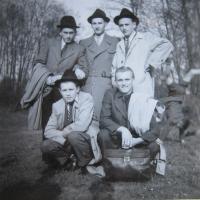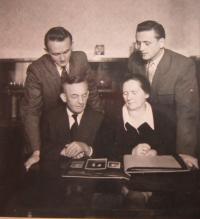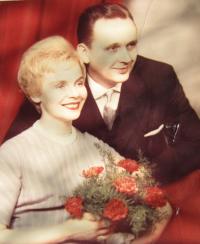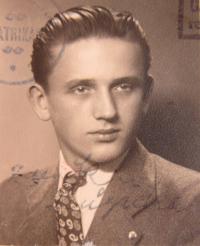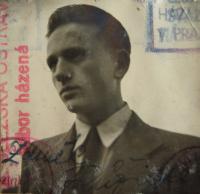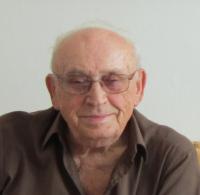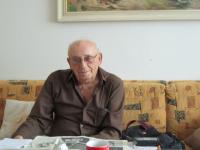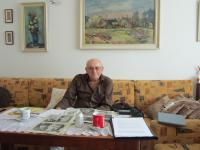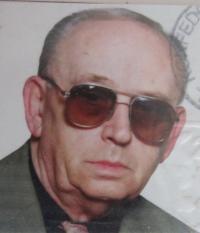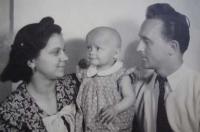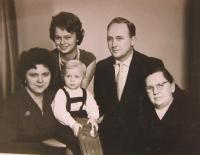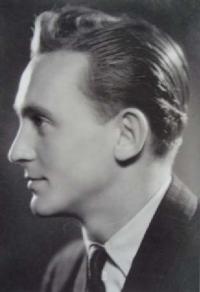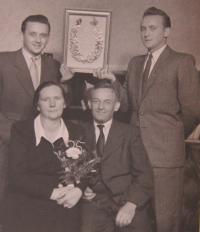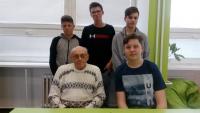The largest politically motivated trial in the Ostrava region

Stáhnout obrázek
Zdeněk Růžička was born in 1925 in Moravská Ostrava. While living in this city he experienced the war and the liberation, but what has remained most deeply etched in his memory was the post-war treatment of Germans. He was witness to riots and mass lynching. Shortly after the arrest of his brother, a former prisoner in the Buchenwald concentration camp, Zdeněk was arrested in 1949 for contacts with the resistance group of Jan Buchal. He went through a series of brutal interrogations by the Secret Police in Ostrava. He was only aware of the group‘s existence, but in spite of this he was still sentenced to 14 years of heavy jail in what was the largest politically-motivated court trial in the Ostrava region. His brother Miroslav was sentenced to sixteen years of imprisonment. His brother died four years after his release, leaving behind his wife and two children. Zdeněk Růžička was released in the presidential amnesty in 1960 after having spent ten and a half years in labour camps in the uranium mines in Jáchymov and in the Valdice prison. He continues to live in Ostrava-Přívoz and still strives to share his experience with the communist regime during lectures for students.
